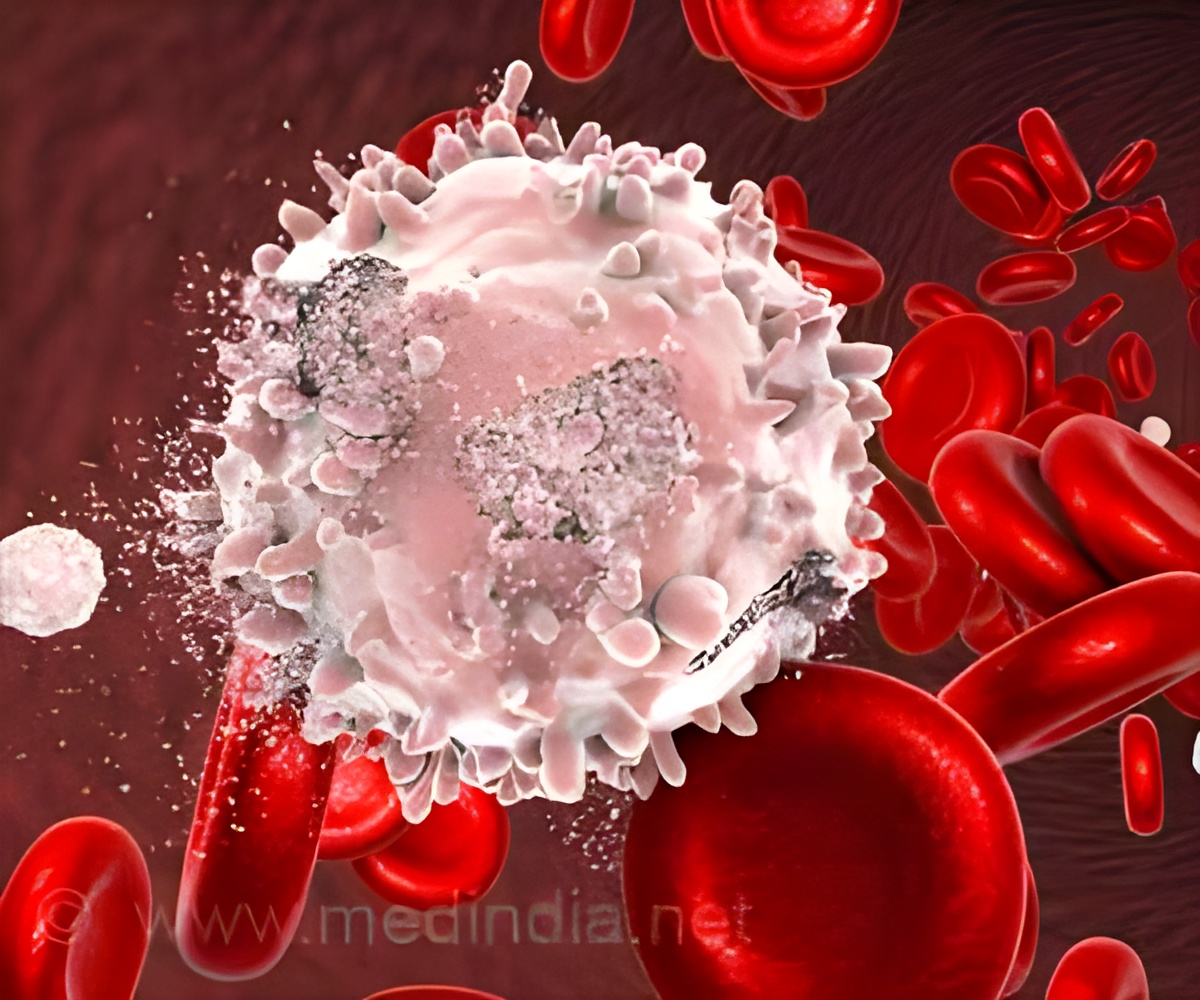
‘JAK inhibitors, used in the treatment of diseases like rheumatoid arthritis could improve the treatment of NK-cell malignancies.’
Tweet it Now
Together with Japanese, South-Korean, Taiwanese and US research teams, the researchers from the University of Helsinki aimed to discover which genetic defects are typical in this type of leukemia. "ANKL patients often had mutations in the STAT3 and DDX3X genes which points towards partly shared genetic background with other NK- and T-cell malignancies," says Professor Satu Mustjoki whose group initially discovered somatic STAT3 mutations in LGL leukemia.
By comparing the exome sequencing data from ANKL patients to previously published datasets from NK/T-cell lymphoma patients, researchers also uncovered novel gene amplifications in the JAK-STAT signaling pathway. In some cases, the amplified regions in the genome also included the PD-L1 gene which has therapeutic potential. In other lymphoma types, tumors with amplifications in the PD-L1 gene have responded well to novel immune checkpoint inhibitor therapies.
Researchers also aimed to discover novel potential drugs for the treatment of ANKL by testing the ability of over 400 different drugs to kill malignant and normal NK cells in cell culture conditions. Some potential drug candidates were discovered: NK cells were especially sensitive for drugs which inhibit JAK tyrosine kinases and anti-apoptotic BCL family members. JAK inhibitors inhibit the same signaling pathway in which genetic alterations were discovered in ANKL patients.
"JAK inhibitors, currently used in the treatment of rheumatoid arthritis and some other hematological diseases, could potentially improve the treatment of various NK-cell malignancies," says MD/PhD student Olli Dufva who is the first author in the publication.
Advertisement
Source-Eurekalert










